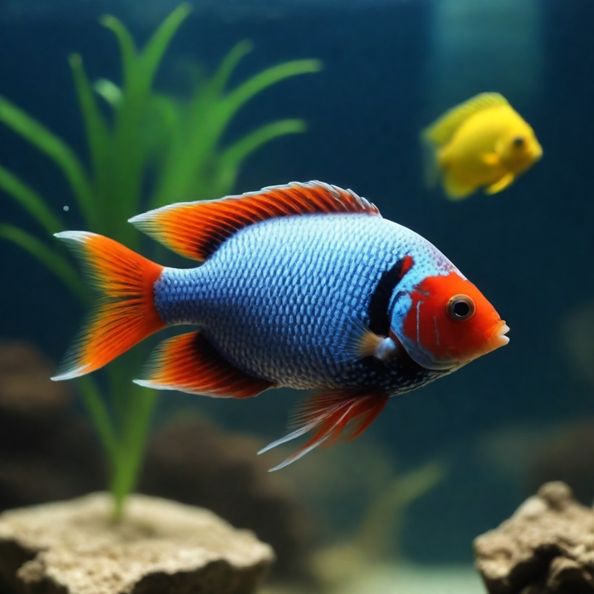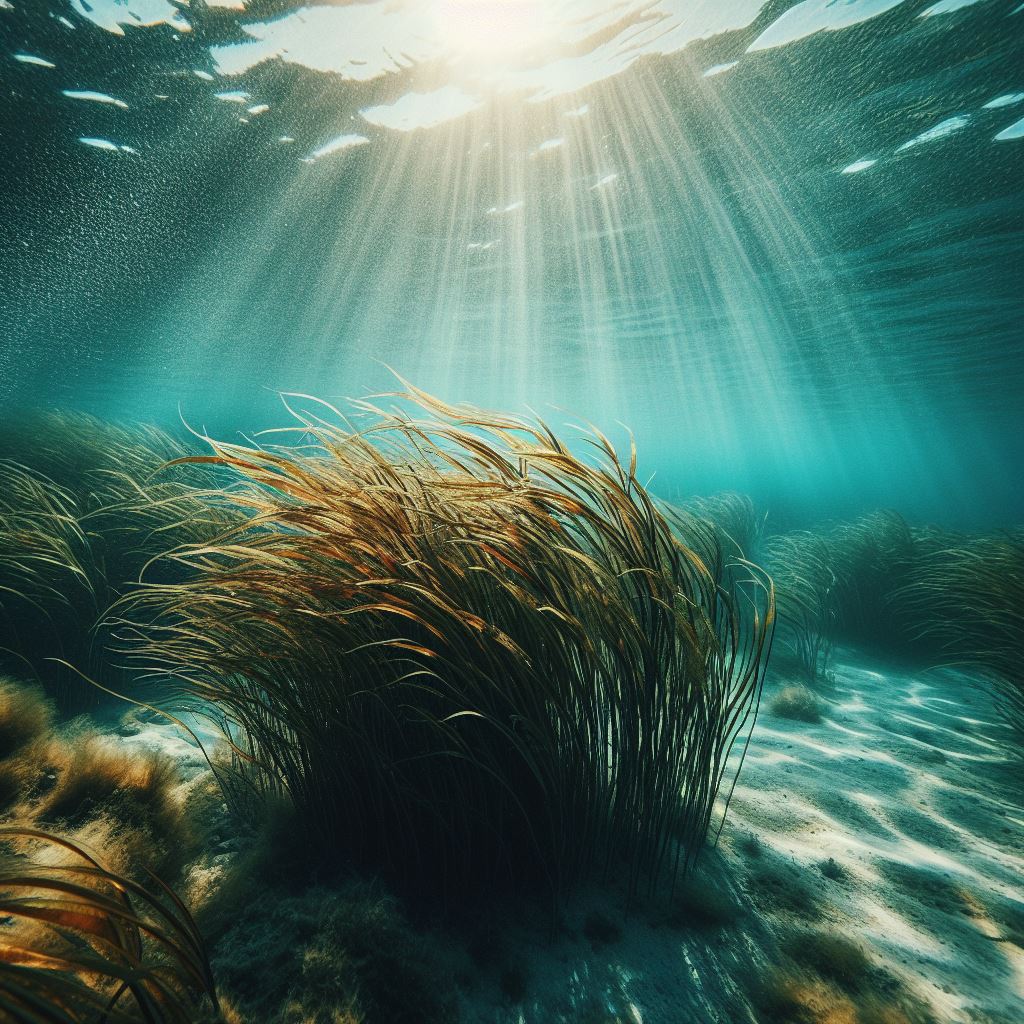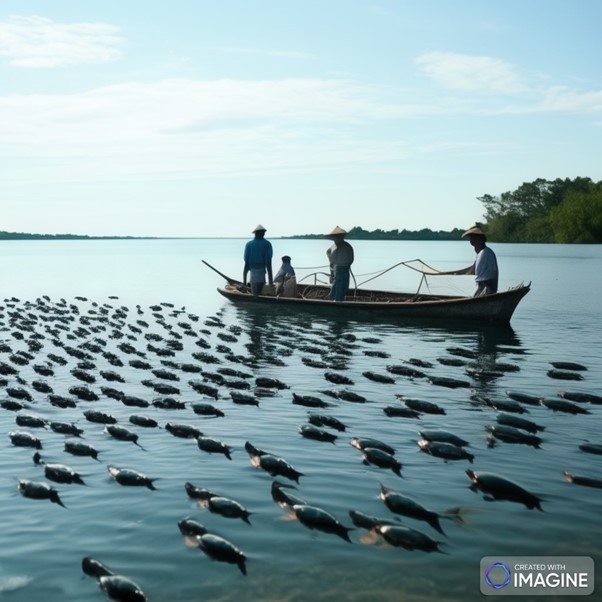Feed Production and Aquaculture
Article By: Farah Izana Abdullah
Feed production plays a critical role in the success and sustainability of the aquaculture industry. Aquaculture relies heavily on formulated feeds to provide the necessary nutrients for the growth and development of cultured species. Here's how feed production and aquaculture are interconnected:
- **Nutrition and Growth**: Formulated feeds are designed to meet the specific nutritional requirements of different aquatic species at various life stages. Feeds contain proteins, carbohydrates, fats, vitamins, and minerals essential for growth, reproduction, and overall health. Proper nutrition leads to optimal growth rates and efficient feed conversion ratios, reducing production costs and environmental impacts.
- **Feed Efficiency**: The formulation of nutritionally balanced feeds contributes to feed efficiency, which is the amount of feed needed to produce a unit of growth. High-quality feeds with optimal nutrient content help minimize wastage and ensure that the energy from the feed is utilized effectively by the cultured organisms.
- **Species-Specific Formulations**: Different aquatic species have unique dietary needs. Feed production involves developing species-specific formulations that consider factors such as species biology, feeding habits, and nutrient requirements. This specialization enhances the performance and health of the cultured species.
- **Environmental Impact**: Sustainable feed production practices aim to minimize the environmental impact of aquaculture. Using ingredients that are responsibly sourced, reducing reliance on wild fish stocks for feed ingredients (fishmeal and fish oil), and optimizing feed conversion ratios all contribute to reducing the overall ecological footprint of aquaculture.
- **Innovation and Research**: The development of improved feeds is an ongoing area of research and innovation. Scientists and feed manufacturers work to enhance feed formulations by incorporating alternative protein sources, optimizing nutrient profiles, and increasing digestibility. This innovation contributes to the growth and advancement of the aquaculture sector.
- **Health and Disease Prevention**: Proper nutrition can enhance the immune system and disease resistance of cultured organisms. Feeds may include additives like probiotics, prebiotics, and immunostimulants that promote health and help prevent disease outbreaks.
- **Economic Impact**: Feed is often the largest operational cost in aquaculture. Producing cost-effective feeds that provide good growth rates and health benefits can positively impact the economic viability of aquaculture operations.
- **Supply Chain Resilience**: A reliable supply of quality feeds is essential for stable aquaculture production. Ensuring the availability of feeds, even during disruptions, is crucial for the sustainability of the industry.
- **Biosecurity and Quality Control**: Feed production facilities must adhere to strict quality control and biosecurity standards to prevent the introduction of pathogens or contaminants. Contaminated feeds can lead to disease outbreaks and economic losses in aquaculture.
- **Regulations and Standards**: Regulatory agencies often set standards for feed quality, safety, and labeling. Adhering to these regulations ensures that feeds meet minimum nutritional requirements and pose no harm to the environment, consumers, or cultured species.
In summary, feed production is integral to successful aquaculture. Nutrient-balanced feeds contribute to the health, growth, and sustainability of cultured species while minimizing the environmental footprint of the industry. As aquaculture continues to expand to meet the growing demand for seafood, responsible feed production practices will be crucial to its long-term success.
Date of Input: 27/07/2023 | Updated: 07/09/2023 | s_humaira
MEDIA SHARING




























